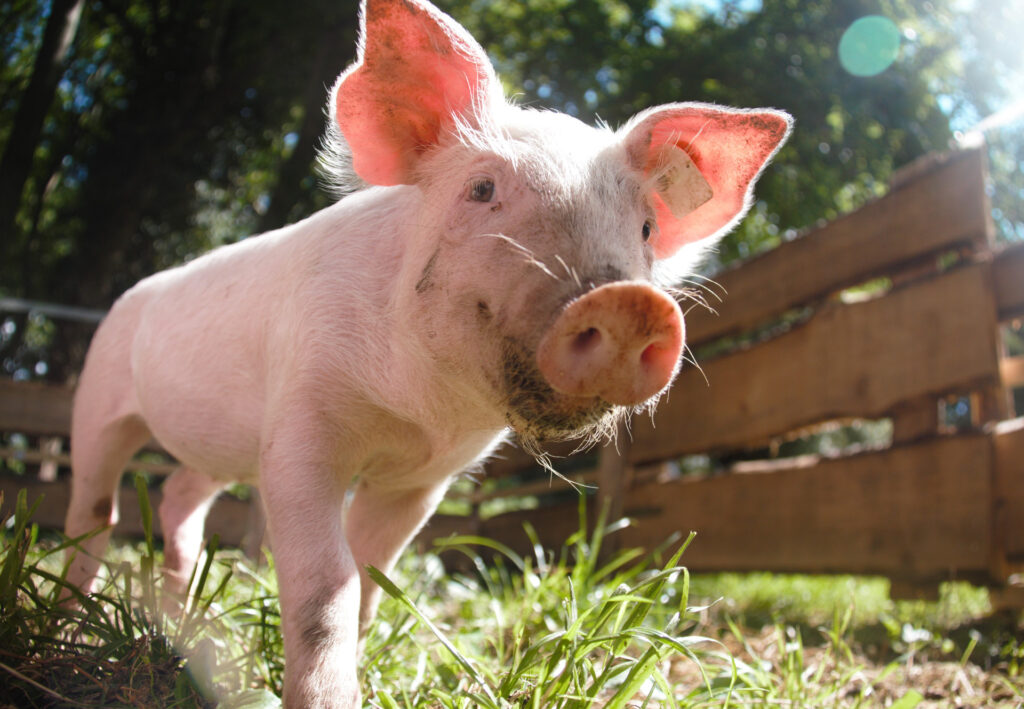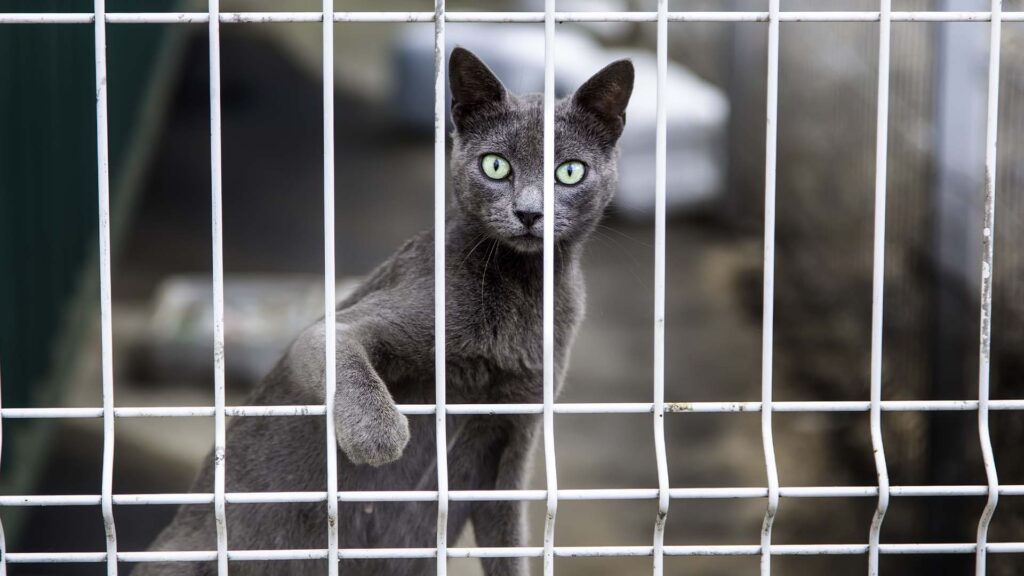
Animal welfare is an ethical and moral consideration that has grown in importance and acceptance in our modern culture. It involves animal welfare, treatment, and rights in various contexts, including agriculture, research, entertainment, and home life. In this essay, we will examine the notion of animal welfare, its historical evolution, present issues, and the need for compassionate and responsible animal care.
Animal Welfare Definition
The quality of life enjoyed by animals, including their physical and emotional states, is called animal welfare. It includes a variety of aspects that affect animals, including shelter, nutrition, health, social relationships, and the absence of pain, suffering, and misery. It essentially seeks to ensure that animals have the opportunity to live a life free of unwarranted damage and suffering.
Historical Development

Animal welfare has been recognized as a societal concern for centuries:
Philosophical Roots from Antiquity –
Philosophers like Pythagoras and Aristotle laid the groundwork for ethical considerations of animals. They contended that animals had intrinsic value and deserved to be treated humanely.
The Great Industrial Revolution –
The Industrial Revolution brought about considerable changes in animal agriculture, generating concerns about farm animal welfare. Advocates such as Henry Bergh and Anna Sewell began to push for better working conditions for animals in general, and horses in particular.
Advances in the Twenty-First Century –
The twentieth century saw the rise of animal welfare organizations, legislation, and scientific study focused on improving the lives of animals. The Royal Society for the Prevention of Cruelty to Animals (RSPCA), founded in 1824, is one of the oldest and most influential animal protection organizations.
Global Appreciation –
International treaties, such as the Universal Declaration of Animal Welfare (UDAW), have emphasized the importance of animal welfare on a global basis.
Key Animal Welfare Principles

The concept of animal welfare is guided by several essential principles:
- Hunger and thirst are no longer a problem
Animals should have access to clean water and a diet that keeps them healthy and energized.
- Liberation from Pain
Animals should live in an environment that meets their bodily and psychological needs, such as appropriate shelter and resting spots.
- The absence of pain, injury, and disease
Measures should be taken to prevent or quickly diagnose and treat illnesses that may cause animal discomfort or injury.
- The Right to Engage in Normal Behavior
Animals should have enough room and opportunities to express their normal behaviors, whether they are gregarious, lonely, active, or playful.
- Freedom from Fear and Anxiety
Conditions and procedures should be in place to guarantee that animals are not subjected to needless fear, stress, or suffering.
Contemporary Issues
Despite advances in animal welfare, a number of difficulties remain:
Farming in a factory – Intensive agricultural operations create issues about overpopulation, inhumane living conditions, and the use of antibiotics and hormones in cattle.
Wildlife Protection – Poaching, habitat destruction, and the illegal wildlife trade endanger the survival of innumerable species around the world.
Animal Experiments – The use of animals in scientific research continues to provoke ethical controversies, leading to requests for alternatives and refining of testing procedures.
Welfare of Companion Animals – Another area of concern is the welfare of pets and companion animals, which includes issues such as neglect, abuse, and overcrowding.
The Compassion Imperative
The need for compassion toward animals stems from our shared existence on this planet. Here are some of the reasons why animal welfare is important:
- Moral and ethical accountability – As stewards of the Earth, we have a moral and ethical obligation to ensure that animals are treated with care and respect.
- Life’s Interconnectedness – Our well-being is inextricably linked to the well-being of animals and the environments with which we coexist. Healthy animals and ecosystems contribute to a thriving and sustainable planet.
- Human Safety and Health – Human health and safety are inextricably tied to animal welfare. Improving animal welfare can help to reduce the spread of zoonotic infections and foodborne illnesses.
- Sustainability on a Global Scale – Animal welfare is critical for the long-term sustainability of agriculture, conservation, and research.












